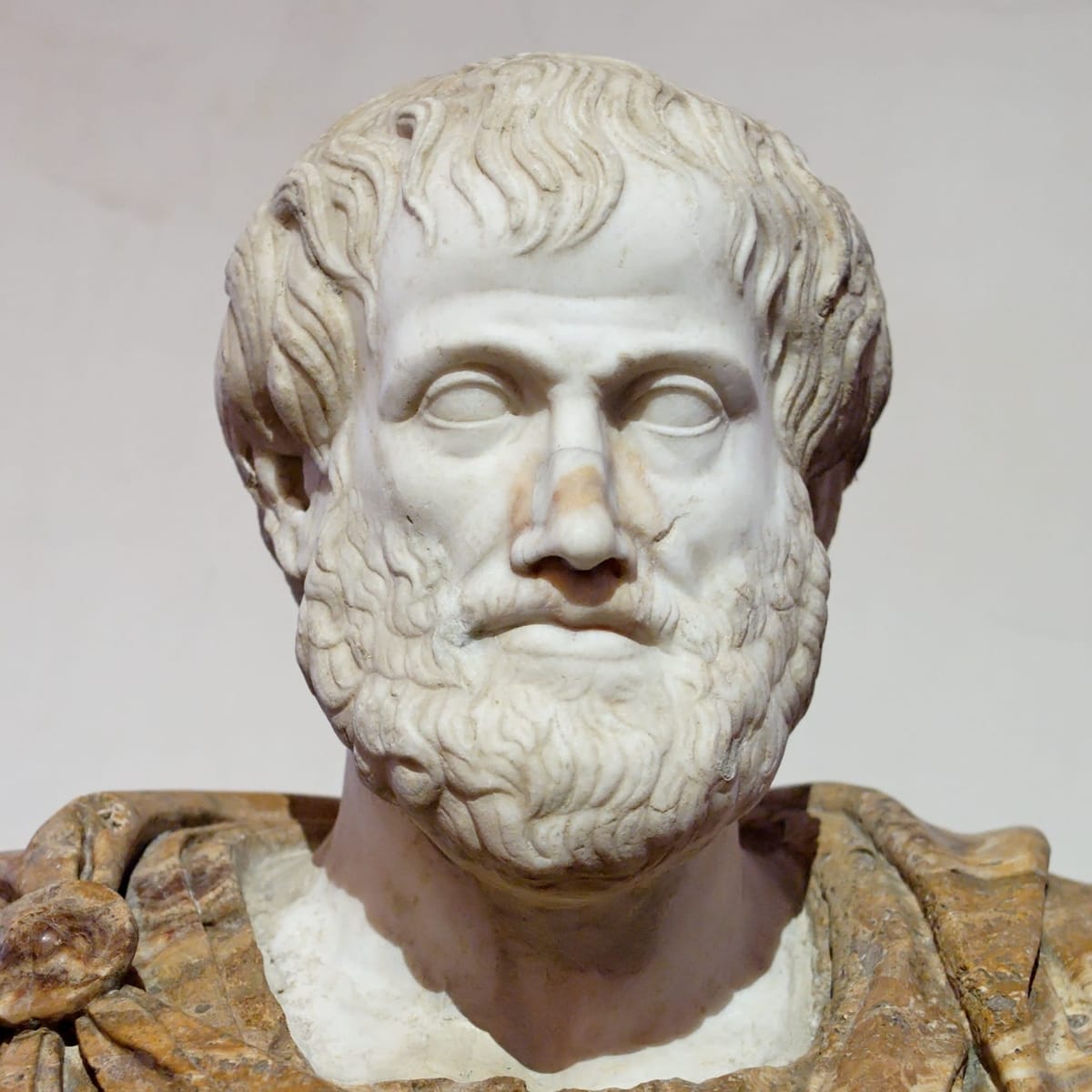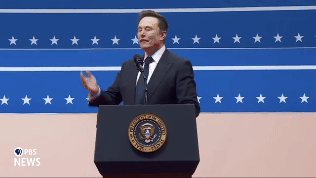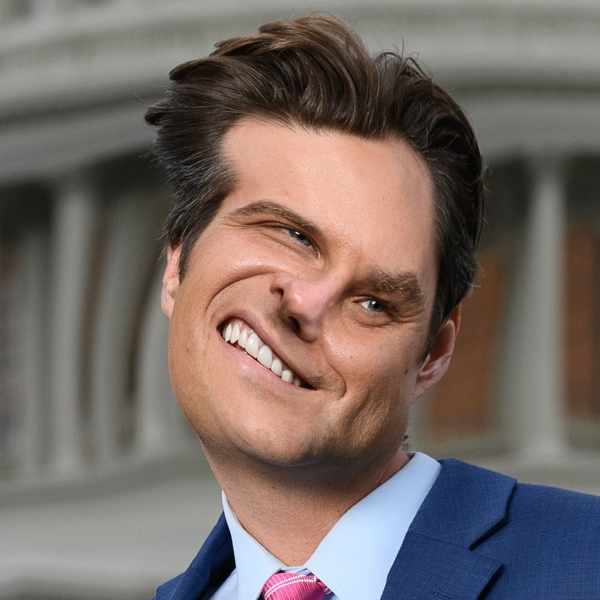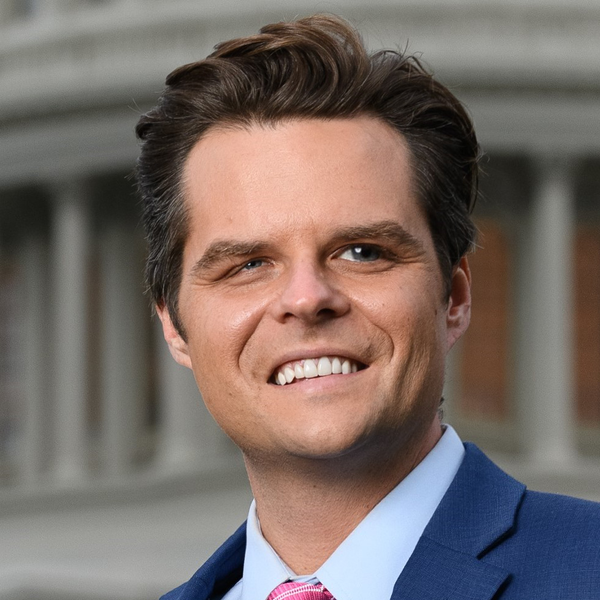Counting to 30 - Aristotle and Due Diligence

Aristotle, the notable Greek philosopher, once wrote in 'The History of Animals' that "Males have more teeth than females in the case of men, sheep, goats, and swine."
This is not true; men and women have the same number of teeth, generally between 28 and 32.
Bertrand Russell would later observe in The Impact of Science on Society, "Aristotle maintained that women have fewer teeth than men; although he was twice married, it never occurred to him to verify this statement by examining his wives’ mouths." [1]
Aristotle was wholly capable of counting the number of teeth in his mouth and likely could have convinced at least one of his wives to help him compare the number of teeth she had. Yet he (probably) did not. [2]
In my professional work, almost all of my scoops and exclusives have come from doing a piece of what seemed to me like basic due diligence that someone else was already supposed to do in there role.
In one case this led to me realizing that a payment processor had a fraudster operating their European subsidiary; in other cases it has highlighted changes in ownership or connections between entities; sometimes it supports claims of insolvency.
In a different example, while working on my capstone paper for undergraduate, I saw a paper that made a claim that immediately excited me because it supported my somewhat speculative research proposal. I looked at the bibliography and pulled the paper that was being cited for that claim. That paper was actually citing another paper, so it was back to interlibrary loan, and a week or so later I had the paper at the end of the citation chain. Unfortunately for my hopes to use this claim in my research proposal, the original paper made the OPPOSITE claim.
The strange thing about each of these stories is that there were often professionals who were already supposed to have checked these things.
These professionals, in the case of peer review or compliance, are still humans who can be expected to occasionally make a mistake.
However, I think the truth is that even many experts and professionals are not willing to count to 30 to check whether or not women have fewer teeth than men; in the best case, they will make a note about who has already 'checked' this fact.
In some cases I think the effort to check it is actually inverse proportional to the likelihood the person investigating will check; if it were very easy, saying if it involved counting to 30 two times, then I think it is more likely for the investigator to assume that the diligence must have already been done. If all it takes to realize FTX is insolvent is to look at their wallets, then surely everyone must already know they’re insolvent, or, to state it more plainly, they will assume they’re solvent because no one has done the check that shows it is insolvent.
To be exceptionally clear, it is not possible for you to verify everything, and many of those who encourage you to Do Your Own Research are trying to take advantage of you. Nonetheless, even if you think someone has done the legwork to look into something before, it can be worth taking a deeper look. There's a chance everyone else assumed someone had already counted to 30.
Footnotes
An article I read by Spencer McDaniel did also highlight their doubt that "that Bertrand Russell personally ever counted his own teeth and his wife’s teeth to make sure that the number was really the same. I strongly suspect Russell did exactly the same thing as Aristotle; he heard a report that men and women had the same number of teeth and he assumed that it was true without personally verifying it." Aristotle Was Not Wrong about Everything - Tales of Times Forgotten ↩︎
One alternative explanation is that childbirth commonly led to tooth loss and since women were far more likely to bear children they were also far more likely to lose teeth. @poliorcetes.bsky.social on Bluesky ↩︎




